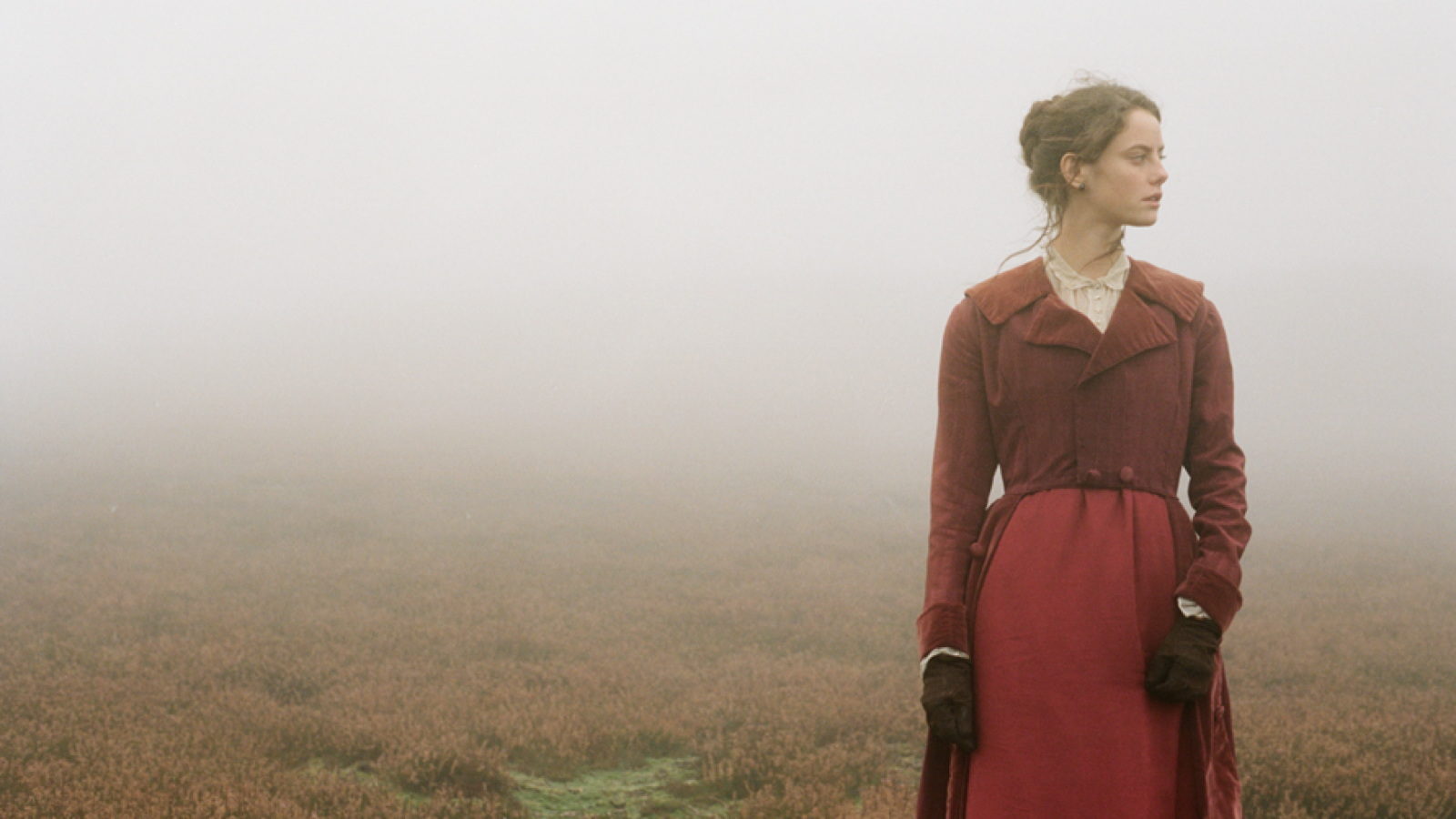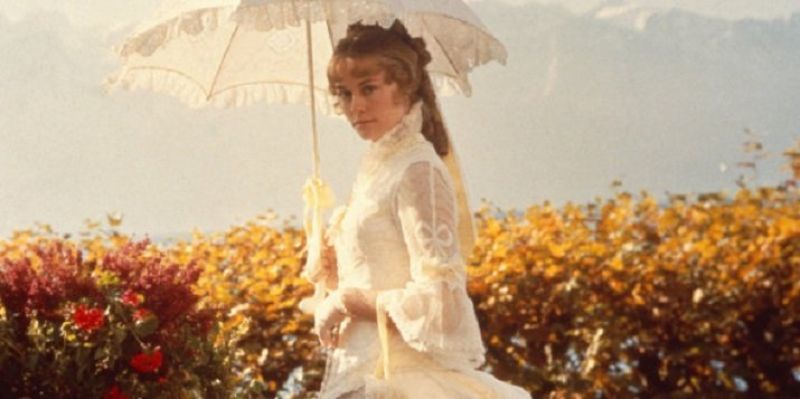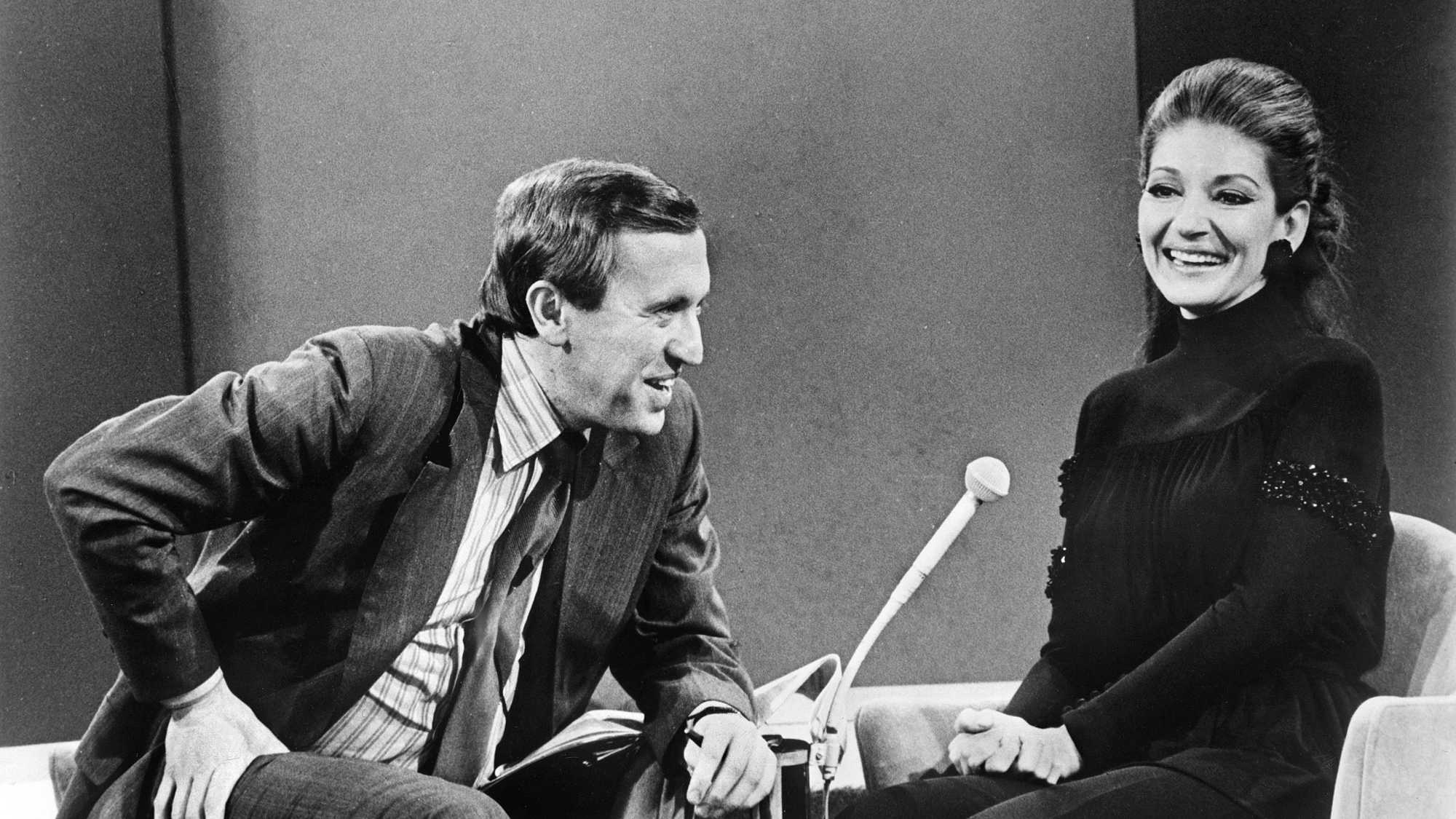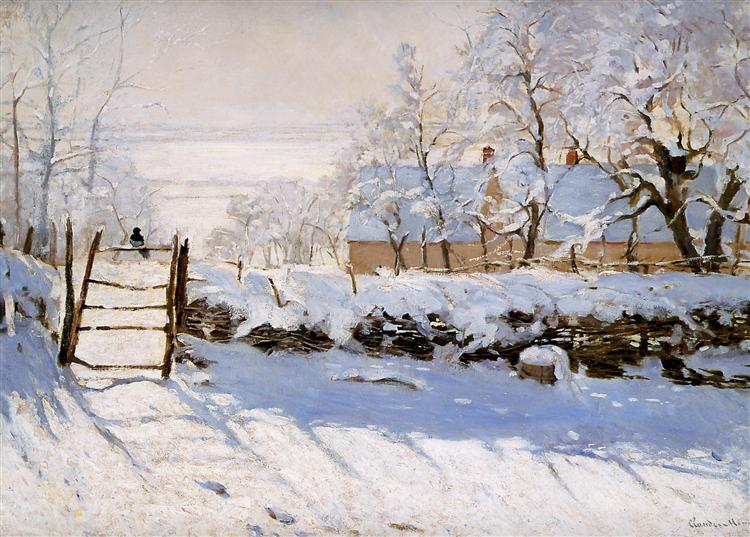Review
Hate, disgust, repulsion, bewilderment: Wuthering Heights still invokes the deepest of emotions
Sep 14, 2023

This summer I made a deal with the students I tutor: if they would read one book from a list I provided during the break, they could choose one book for me to read in the same interval. After first suggesting to me Ulysses (which was thankfully their idea of a joke), they decided on Wuthering Heights by the now immortal Emily Brontë.
Fortunately I am not too proud to admit that I new nothing about the book other than a vague awareness of the author and her sister's literary success and its having been written in Victorian times. I agreed to the children's suggestion with a certain amount of alacrity: a good excuse to read a classic.
When I opened the first page of the novel (screen, I should say, as I've transitioned to reading some books on my new Kindle), I was expecting something akin to Pride & Prejudice to welcome me in. Although typically I read a little bit about the books I read--the Wikipedia article at a minimum (no, I don't read the plot summary) or listen to a podcast about the author--in this case I dived right into the eponymous manor of the story. Brontë shocked me into reality.
What happens in the novel I will allow you, dear reader, to experience in its own breathtaking and unfathomable cruelty, but suffice it to say that there is not one character created to admire, not one scene that offers some reprieve for your hurt soul, not one instance in which you think it would be better for all the characters to be buried underground than to experience the hell of their Yorkshire moor, not one moment in which you think the author must have been madder and more violent than any of her creations to be able to write such abominations.
And yet you cannot put it down. It is not a horror story that you read for the thrill. There is no enjoyment in the abuse delivered and suffered by each character, each generation of Earnshaw and Linton. Yet there is some satisfaction in how the characters--unlike us and our wimpy contemporaries--take the blows head-on, if with self-preserving vanity and vindictiveness.
The story and its characters is altogether a different take on humanity than any I have ever beheld. Halfway through, when the love of his life was finally permanently wrested from him, I felt a hint of sympathy for Heathcliff. No compassion, no empathy, no satisfaction, but a touch of humanity. After all, do not even brutes deserve to love? Is love only meant for the virtuous, the models of feminine or masculine perfection who we idolize in most other novels? If only perfect people are worthy of loving and being loved, then none of us is worthy or capable.
Alas Heathcliff is so spiteful that you lose any sense of humanity in him as you continue reading. He appears more and more a demon sent out of nowhere (re: Liverpool) to terrorize two families, "whose equal state bred envy pale of hue" (Arthur Brookes, The Tragicall Historye of Romeus and Iuliet, 1562), and to ensure that their lands, possessions, lives, and children become his. Heathcliff succeeds, of course, in all his machinations, but after his death what remains of Wuthering Heights and Thrushcross Grange are Hareton and Cathy, the two blood-bound heirs of the respective estates, potentially to match in matrimony with one another. In the end, Heathcliff may have usurped everything from Misters Earnshaw and Linton, but their children continue their fathers' legacy, as if Heathcliff never existed.
Of course there is also the psychological aspect of the book, which I find a euphemism to call "gothic" or "horrific." Indeed I cannot think of one ill feeling the book doesn't provoke in the reader. As way of example, in most books the death of a character is used as a tragedy, as a sometimes easy way to spur the emotions of the reader by thinking of her own tragic ending. Not in Brontë's work. In Wuthering Heights the deaths come as a reprieve, a moment when one character's misery is finally put to an end, and the catharsis is restored.
In fact I even wondered at various points while reading the novel, "Why, surely this must be a parody, a horror story, an intentional attempt to scare children before they go to bed at night." The characters are so cruel to one another, their hands are more often than not occupied in hitting another character's head or body, that you think it must be made for some sick vaudeville re-enactment of the turn of the 19th century. But reading it further it is clear that the vision of human nature is as real as one author could venture to imitate.
Do we all not have the vengefulness of Heathcliff in us? the self-doubt of the elder Catherine? the wistfulness of Edgar? the brutishness of Hareton? the loquaciousness of Ellen? And do we not see in the youngest Earnshaws and Lintons the faintest hope of improvement with the generations? Hareton and Linton and Cathy are wretched but rightfully so, we think, because they have been so abused, neglected, and tortured since childhood, with only housekeepers to show any bit of compassion toward their wretched states. But is this not also the case for the older members of the family, up to the first Mr. Earnshaw we encounter who abuses his underlings so, and up to the very first of the Earnshaw breed whose name is etched into the stone in the 1500s?
There is something fearless in Emily Brontë's writing. Whereas other authors seek to craft characters with whom we seek to identify our most noble qualities, Brontë seems deliberately to pervert our expectation. The characters are shamelessly wicked. Unlike other villains who may hide their intrigues, these folk do their deeds out in the open. (At least never out of the view of the housekeeper, Ellen.) Does this make them less of villainous? Interestingly, I didn't start to see Heathcliff as truly the villain of the novel until he began to manipulate his son into marrying Cathy. There, when he pursued his ambitions through duplicitousness, one cannot deny his perfectly selfish aims.
But yet, Heathcliff's greatest woe is something that restores his humanity: his love for Catherine. Why do some consider this novel a love story? Certainly not for the form, for it is as far away from the word "romantic" as ever I have read. Perhaps it is for the depth of the passion that consumes both Catherine and Heathcliff? that their souls are "made of the same stuff"?
I cannot think so. Catherine feels that she is Heathcliff. But if Heathcliff were to be the devil sent in disguise as a gypsy boy, would that still be love? In fact I read the story as the aftereffects of unrequited love. Love is not love which haunts and tortures you night and day. Passion can do so. Repudiation can do so. But "true love" should build, rather than consume. Perhaps love is capable of both: just as a fire can warm and cure you, so can it ravage and destroy you. The "love" of Heathcliff and Catherine--whether consummated or not--had only the destructive side.
But who am I to judge what is love and what is merely detrimental passion? Romeo and Juliet, two teenagers who knew each other for four days before ending their own lives, could hardly be said to be more truly in love than two people who grew up together, and who don't end up together because the woman decides that being together would only cause misery. Why does the former inspire romance in us and the former disgust?
As usual after reading a great novel I am left with more questions than answers.
After reading Wuthering Heights I feel all the worst feelings one can feel about human nature: that we are wicked, that even the softest- and kindest-natured of us is corrupted by harshness, and that the driving force of ambition is vengeance and hatred rather than charity and love. Yet, I don't feel that the author had such a pessimistic, cynical view of human nature altogether. The novel stands more to me as a perverted mirror: some of us embody all of these traits, most of us some, and perhaps none of us none.
They say that after reading a great novel your life is forever changed. I have often felt the veracity of the claim but not the method by which a book practically changes ones life. With Wuthering Heights the effect is clear: I see the nadir of the human condition as I never would have imagined, and yet, am not lost in cynicism. Rather than hope I see the truth, the ugly truth that we are beastly beings but deserve our chance to live and to love and to die.
And for that, despite the repugnance it brought on, I cannot but humbly look at Charlotte Brontë and stand in awe of her genius.
More in
Review
A bushfire in the Harmattan: Reading Things Fall Apart
Aug 27, 2022
A belated review of Henry James' Daisy Miller (1879)
Aug 14, 2022
What does it mean to be original? Thoughts on the life of Maria Callas
Apr 16, 2022
Guardar el más profundo silencio: Reacción a “Para hacer el retrato de un pájaro” por Jacques Prévert
Mar 27, 2022




